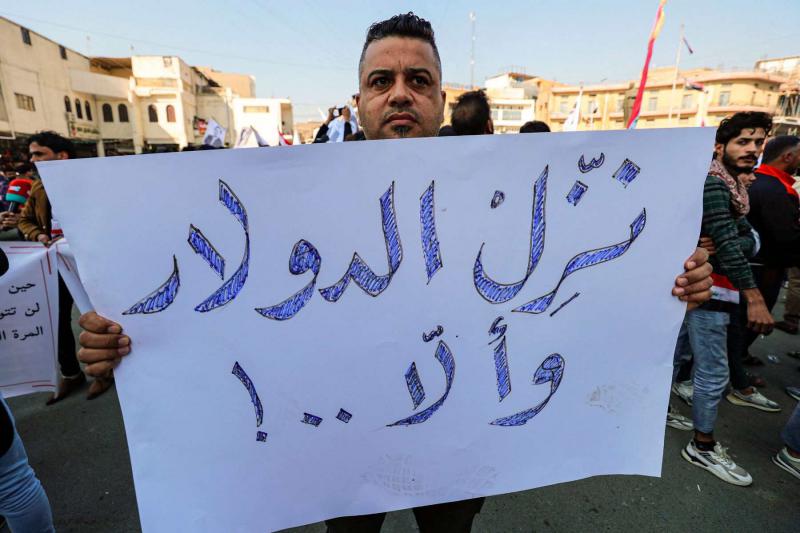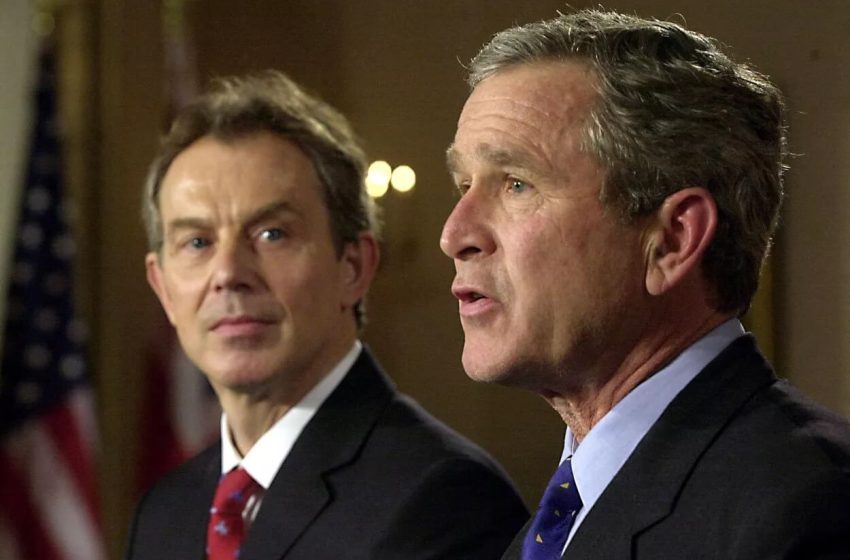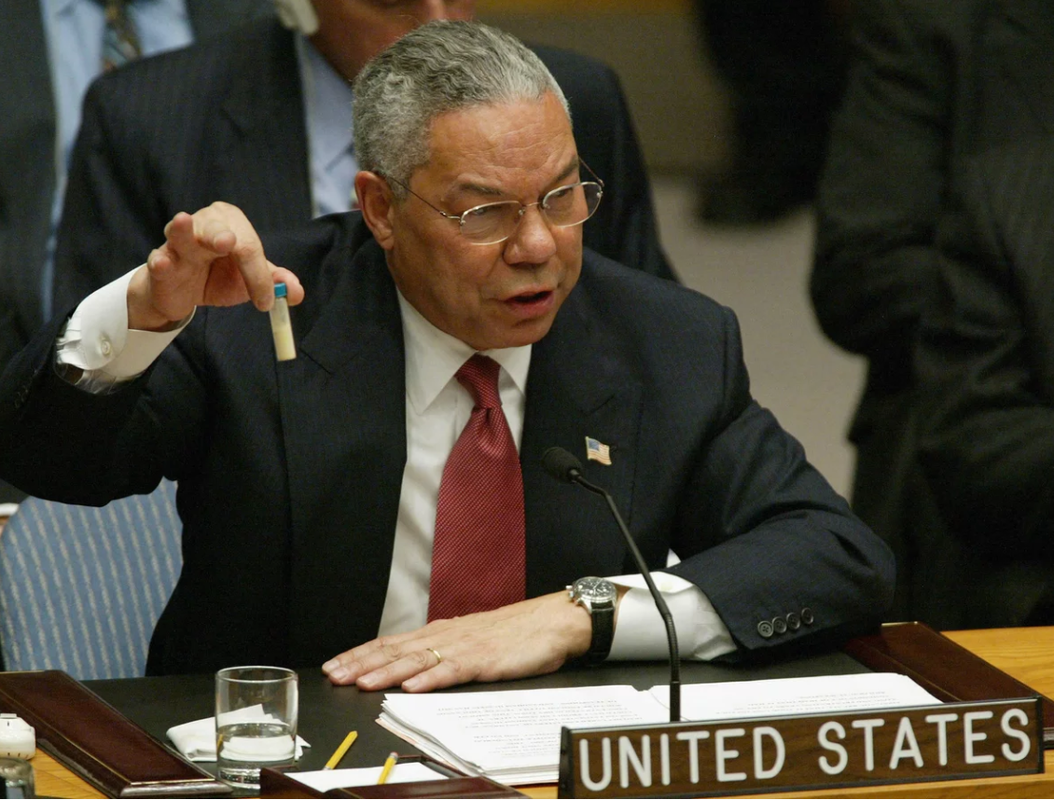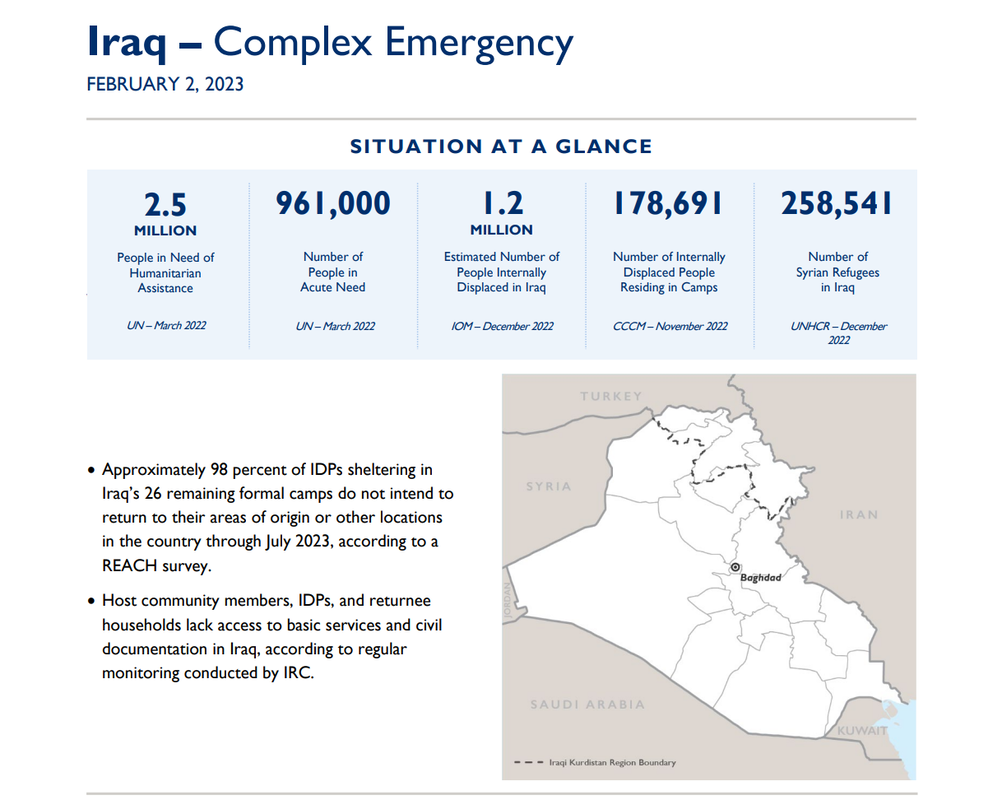Iraq’s central bank said on Wednesday it planned for the first time to allow trade from China to be settled directly in yuan, in a move aimed, according to analysts, at reducing dependence on the US dollar and thus avoiding some of its political and economic effects on the country.
The decision came after the return of an Iraqi delegation from a visit over the last few days to Washington.
Iraqi officials sought to reach an understanding with American officials on the easing of the restrictions imposed by the US Federal Reserve on financial transfers involving US dollars to Iraqi banks.
The US has been seen as working to curtail the smuggling of US dollars to Iran and other countries facing US sanctions, such as Syria.
The US restrictions had sparked widespread anger in Iraq, especially among pro-Iranian factions, which described them as an American attempt to blackmail Iraq and called on the government of Muhammad Shiaa al-Sudani to look for alternatives to US dollar domination.
The central bank has been taking urgent steps to compensate for a dollar shortage in local markets, which prompted the cabinet to approve a currency revaluation earlier this month.
“It is the first time imports would be financed from China in yuan, as Iraqi imports from China have been financed in (US) dollars only,” the government’s economic adviser, Mudhir Salih, said on Wednesday.
The Iraqi central bank could, as part of its plan, boost the balances of Iraqi banks that have accounts with Chinese banks in yuan, it said in a statement.
The first option would depend on the central bank’s yuan reserves, while the other would use the bank’s US dollar reserves at JP Morgan and DBS. The two banks would convert the dollars to yuan and pay the final beneficiary in China, Salih explained.
The Iraqi move is the latest sign of the yuan’s growing role on the international stage as China gradually opens up its financial markets and some countries look to diversify their currency exposures.
These include Arab Gulf countries, such as Saudi Arabia, which has decided to adopt the Chinese yuan instead of the dollar in its sale of oil to China.
Israel also announced its intention to use the Chinese yuan alongside the Canadian and Australian dollars as a direct substitute for the US dollar.
Economists believe that the global economy is moving towards diversifying the official currencies to mitigate the worldwide economic side effects caused by the strengthening dollar.
Experts say Iraq is not isolated from this global trend. Moreover, Baghdad is concerned that total dependence on the US dollar would deepen its vulnerability to American pressures, as was the case recently.
The experts add however that Iraq's use of the yuan with China does not mean that it is about to abandon or replace the dollar. It simply does not have the luxury of doing so, not least since all its dealings are in dollars, in addition to the fact that all Iraqi foreign currency reserves are with the US Federal Reserve.
The option of dealing in the Chinese yuan was the subject of months-long discussions in Iraq, especially after the Arab-Chinese summit hosted last December by Saudi Arabia, which was attended by a high-ranking Iraqi delegation led by the prime minister.
Iraq has maintained close relations with China for decades and the scope of cooperation between the two sides has expanded significantly in recent years. In 2019 Baghdad signed up to become one of Beijing's partners in the "Belt and Road" initiative.

















 RSS Feed
RSS Feed